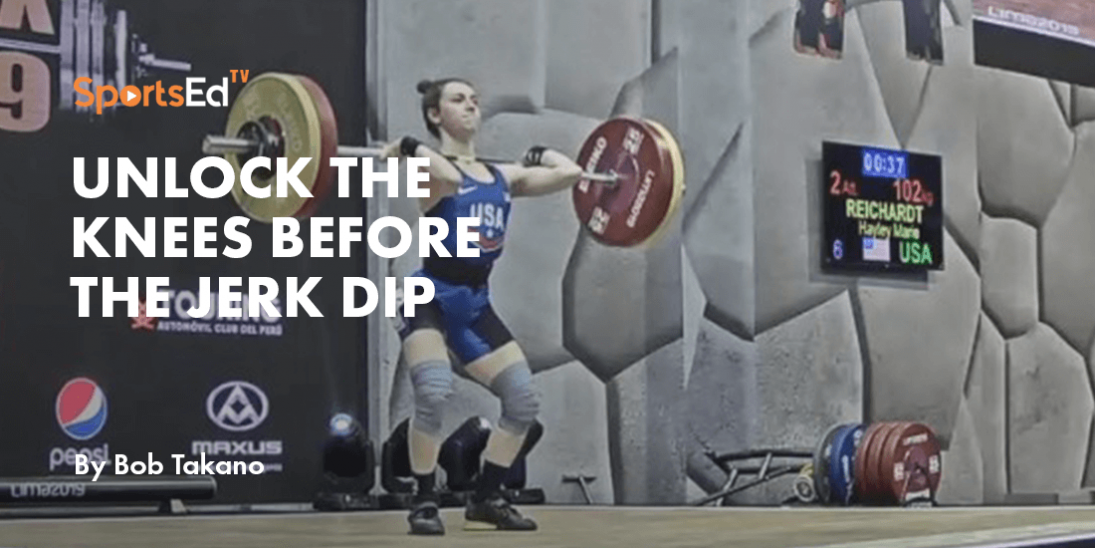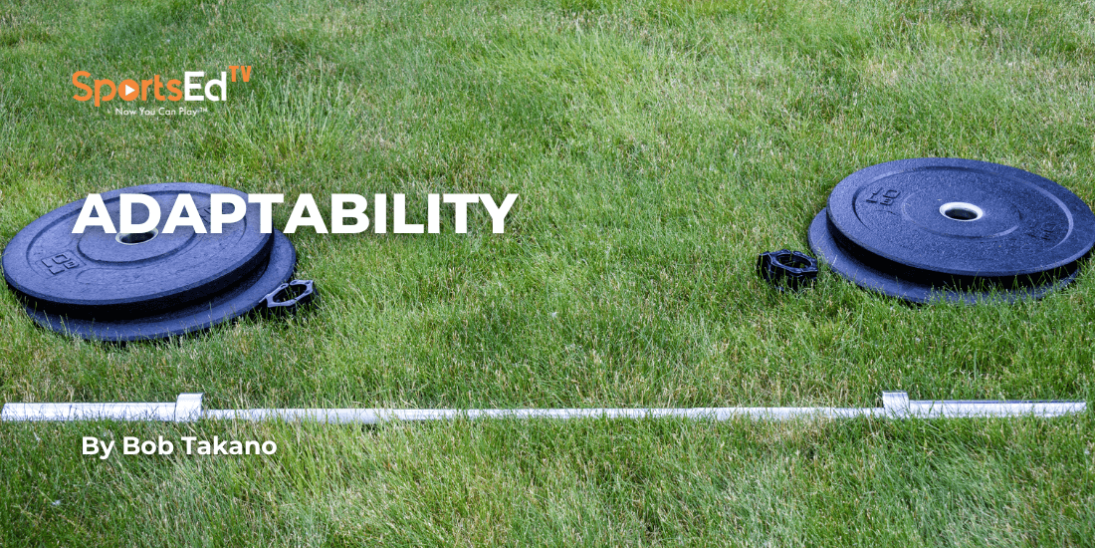Weightlifting
Welcome and thanks for visiting...

From Gym PRs to Platform Success: The Journey to Weightlifting Mastery

The Challenge of Developing Competitive Skills in Youth Weightlifting
One of the problems facing new weightlifters is the acquisition of skills necessary to perform on demand. Even the youngest lifters usually cannot compete in meaningful events more than 6 times per year. This is usually not sufficient for most youngsters to acquire or develop the necessary performance skills. Other youth sports usually have competitive schedules that offer competitions on a weekly basis.
Why Competition Can Be Intimidating for New Lifters
For new lifters, the trepidation is entirely understandable, as weightlifting competitions are uniquely solitary experiences, unlike team sports or even individual matchups; there is no direct opponent to share the spotlight or distract the crowd’s gaze, leaving the athlete alone on the platform with every movement and mistake magnified under intense scrutiny.
Mastering the Mechanics of Weightlifting Competition
A developing lifter should go through an initial phase where the mechanics of the competition are mastered. These factors would include the weigh-in, the warm-up, and the actual rules of the competition. Once this initial stage is accomplished, the lifter must learn how to handle the changing internal biochemical environment and eventually embrace it. That means learning how to take advantage of the adrenaline and endorphin secretions that enable enhanced performance. At this point in the lifter’s development, there should be a welcoming of this altered state as it will become the only condition that fosters the setting of personal record lifts.
The Unique Nature of Performance Declaration in Weightlifting
What is seldom well understood is that the conditions of proclaiming the degree of a performance in weightlifting are actually an act of bravado. Very few sports events allow the athlete to declare beforehand what is to be accomplished. When the lifter calls, for example, an attempt at 105 kg, it may be a record of some sort—a world, a continental, a national, a state, or a personal record. The lifter knows this, the coach should know, and members of the audience may know. This is truly an act of bravado. In most sports, the accomplishment is realized only after the act takes place, but in weightlifting, the level of accomplishment being attempted is well known in advance.
The Gym vs. the Platform: Where True Growth Happens
All too many athletes can only set personal records in the gym, where the degree of scrutiny is less and the thought of failure is in less dire circumstances. Many will never enter competition out of fear of the scrutiny. They will never fully understand the transformative power of performance.
Guiding Athletes to Embrace the Art of Performance
Part of the developmental pathway of the weightlifter is to go beyond this stage and to master the art of performance. A failure to do so will compromise the results of the golden years of the athlete’s career, when the body is most susceptible to training and recovery strategies. Keeping this thought in mind, it is largely the responsibility of the coach to help enable the athlete to master the art of performance and to use the vehicle of the competitive ambiance to ensure that optimal results are achieved.
Role Modeling and the Power of Competitive Addiction
Part of the imprinting of this process will take place in the gym, where a new lifter can observe the training activities of veteran athletes and compare them to the elevated lifts that result in the competition venue. With this role modeling taking place, the young lifter can progress to the point where competition is not only welcomed but becomes a source of addiction.








